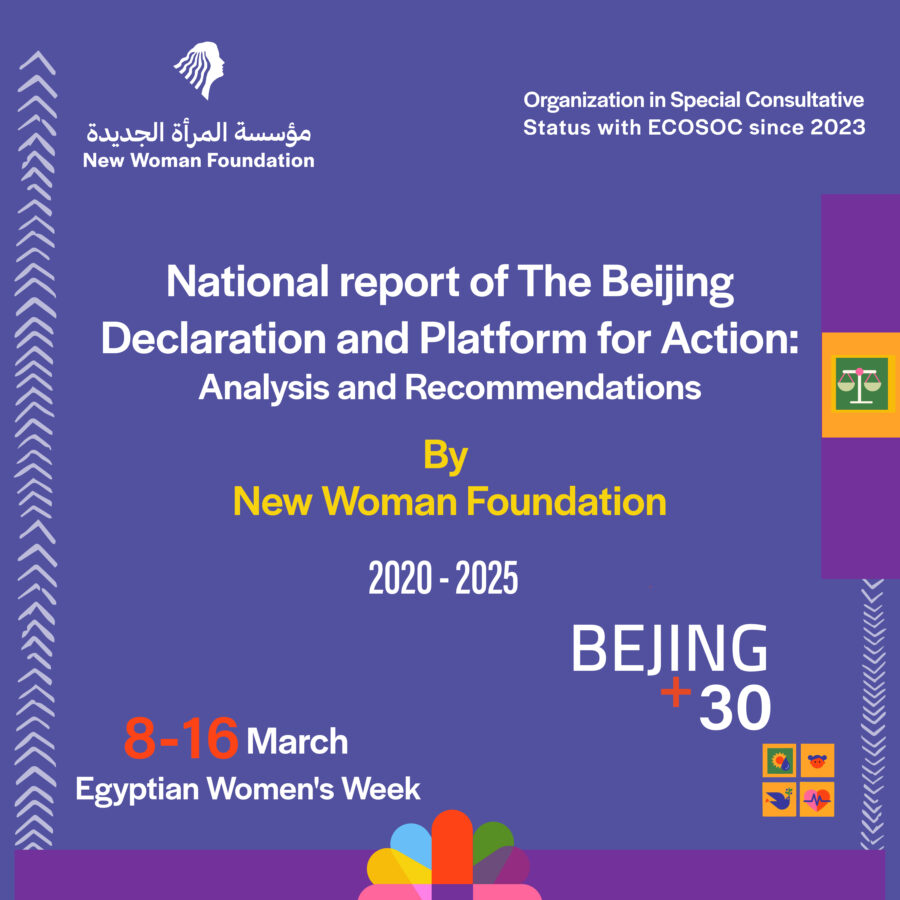- Contact Us
- 0020233382706
- nwrc@nwrcegypt.org
“I bought a mattress and health insurance” – rural Rwandan farmer
Egypt: 10 Urgent Measures to End Violence Against Women in the Public Sphere
September 30, 2014News World news Nobel peace prize Malala Yousafzai: ‘Nobel award is for all the voiceless children
October 20, 2014UN Women
Kigali, Rwanda – On a sunny Tuesday in the Nyaruguru district of Rwanda’s South Province, 75 women and men gather in their best clothes to graduate from the UN Women-supported Farmer Field School programme. They are among 350 farmers who have undergone a six-month course to learn modern agricultural techniques for their wheat and Irish potato crops.
“You can’t even compare the opportunities as an individual to those of being in a group,” said graduate Donata Nukabayiza. “It is very difficult as an individual farmer to get subsidies or even resources like fertilizer. But there is power in a group. It is much easier because the land is consolidated, and you can obtain advice, agricultural services, or loans. You can organize and develop a business plan as a group or cooperative.”
Farmer Field Schools make agricultural education practical and easy. They focus on participants’ own observations, discussions and practical field exercises. Courses are tailored by agricultural zone, ecosystem, rainfall and length of crop season. Weekly sessions then help participants make informed decisions on things like pest control and how to manage their crops throughout the season.
This particular programme is run by the Imbaraga Federation, a local farmers’ non-governmental organization, with financial and technical support from UN Women/One UN in Rwanda and funding from the Governments of Korea, Spain and Norway. Poor and vulnerable farmers were selected in two districts (Nyaruguru and Kirehe), of all ages and educational levels. Ninety per cent are women.
Non-members also take part in weekly course discussions, increasing overall community awareness.
The schools also provide entrepreneurship training and teach important business and financial skills. Each group pooled savings to create a credit scheme. With funds ranging from RWF 470,000-650,000 (USD 690.00-954.00), members can borrow loans from the group fund, with low interest rates of around 2 per cent.
Initially, the women received little support from their male family members. However, when the men in their families saw the knowledge and skills that the women were gaining, they became more supportive. Some husbands even made contributions to the group savings fund.
Several women report that since they joined the Farmer Field Schools, agricultural productivity has increased and access to health care has improved, as members can subscribe collectively to health care for themselves and their families. Increased nutritional knowledge and skills from trainings have also benefited families.
“I bought a mattress and health insurance for my family and paid my children’s school fees with my loan,” said Christine Karuyumbu.
Transforming themselves into cooperatives has drastically changed their way of working — the 14 existing Farmer Field School groups are now more business-oriented, leading to a wealth of other opportunities. As a result of entrepreneurship training, one group plans to start potato seed production for retail. Another group will buy a pig for each member of the fund, to promote small livestock-keeping.
At the graduation ceremony, some small children gurgle happily in the background, a reminder that many women here balance equal workloads as mothers and farmers. Due to a lack of infrastructure and services, rural women spend more time on household work than their urban counterparts. Several of the women graduates say that they were able to attend because classes were only one half-day per week – gender-sensitive scheduling that allowed them to meet their multiple domestic responsibilities.
“We will celebrate our certificates more tonight,” says Amelie, flashing a shy smile. And after graduation? “We will keep saving to lend among ourselves, to become professional farmers, and to multiply the good,” she says, with her colleagues vowing to continue the ripple effect of rural women’s empowerment in their communities.



